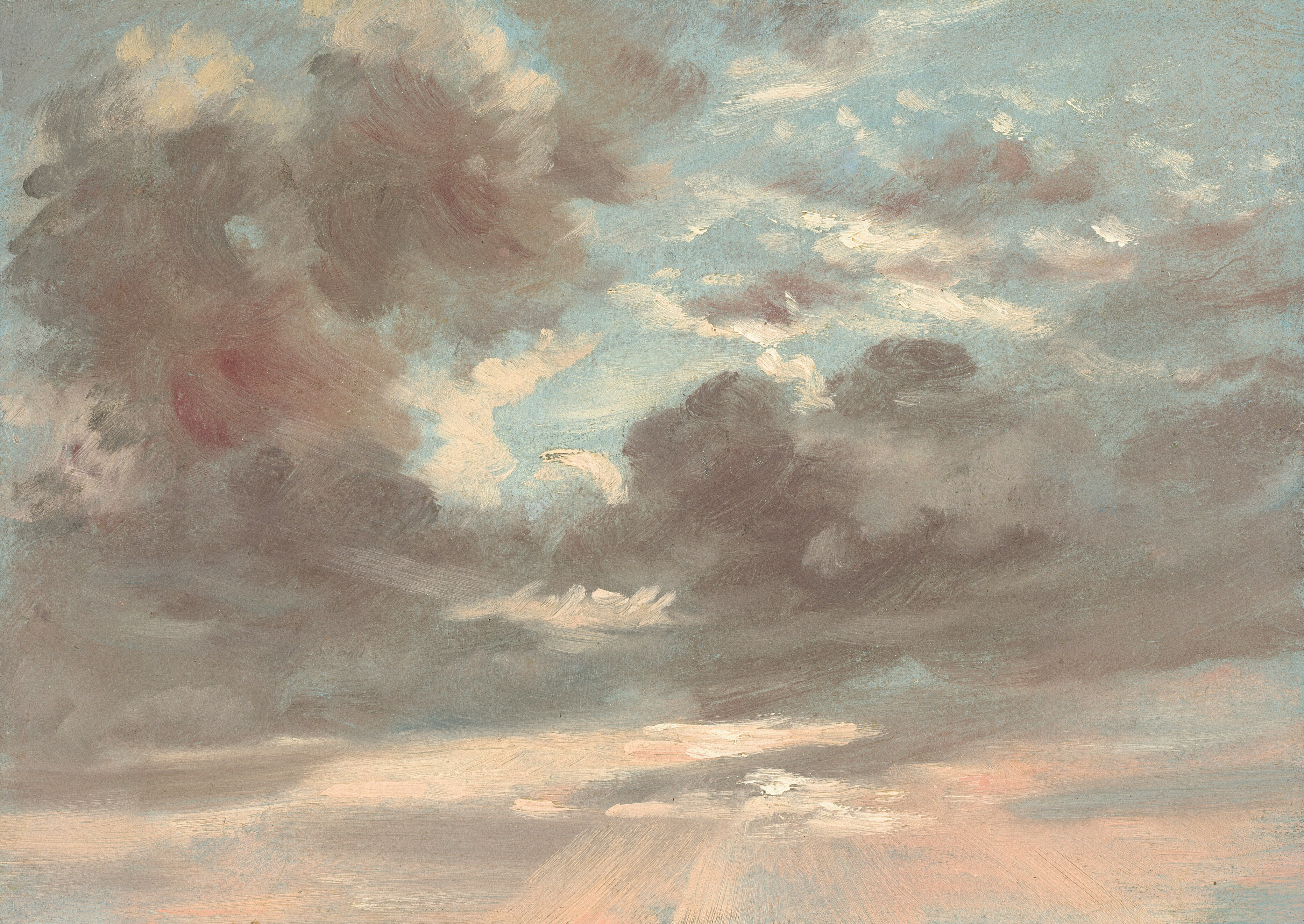
In the study of literature, the words “story” and “poem” usually point to two distinct ways in which a text can communicate meaning. The word “story,” along with the synonymous “narrative,” is widely used in everyday language as well: we tend to think of our lives as stories and of our opinions as narratives. Can the other—“poetic”? “nonnarrative”?—type of meaning, too, be exported from the strictly literary and into our habits of understanding ourselves and the world? How does one have a meaningful experience that does not have a narrative shape? In this course we will read poetry using the methods of literary analysis, while thinking about it in the context of larger philosophical and psychological questions. Lyric poems originally written in English and translated from German, Japanese, Russian, and other languages, along with a variety of readings on poetry and on narrativity will constitute the core of our discussions. We will also strategically brainstorm how you can practice nonnarrative thinking as a college student.
- Teacher: Nina Farizova
